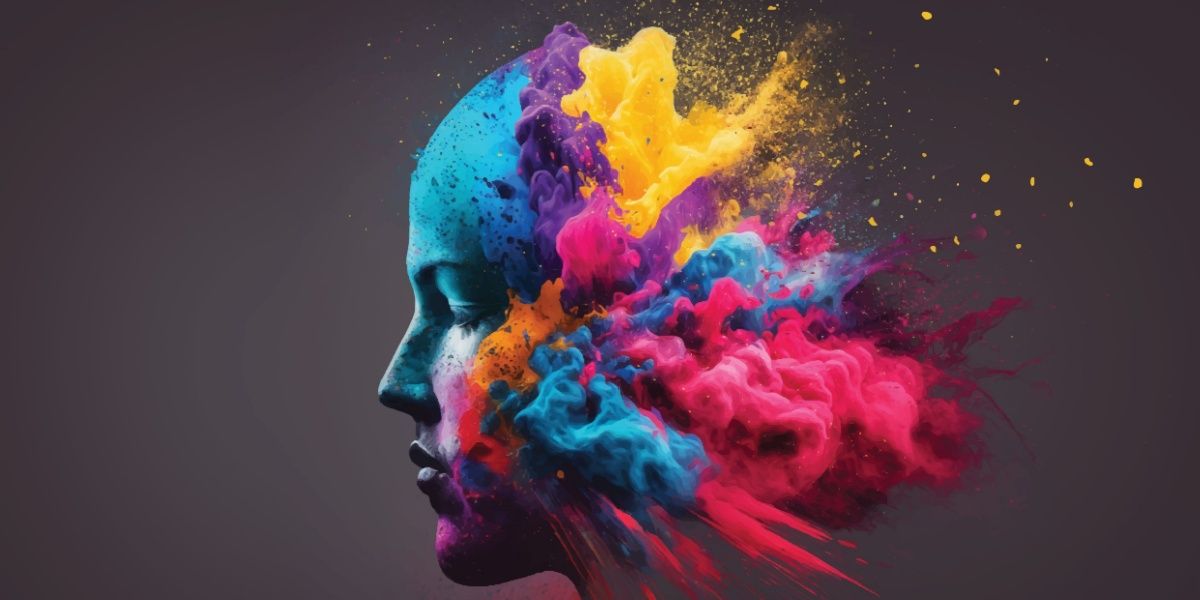All drugs can be dangerous when abused, including over-the-counter drugs. In excessive or high doses, the risk of dangerous side effects and overdose goes up. Some drugs are more dangerous than others and can cause adverse effects and death in smaller doses, or with less frequent use.
- All drugs when abused have the potential to cause harm
- Combining drugs or mixing them with alcohol can lead to overdose and other life-threatening side effects
- It isn't just illicit substances that are bad for you, prescription and over-the-counter medications can be just as harmful
What makes drugs dangerous?
Many prescribed, illegal, and even ‘natural’ drugs have the potential to cause serious adverse effects, addiction, and in some cases, death. Drugs that affect brain chemicals can be addictive, but even drugs that do not impact brain chemistry can have negative effects on the body, brain, and behavior.
A drug is considered dangerous when it has the potential to cause one or more of the following effects:
- Toxicity and overdose
- Pleasurable effects that can lead to compulsive use
- Physical or psychological dependence
- Dangerous withdrawals after regular use
- Negative short and long-term effects on physical/mental health
- The potential for dangerous interactions with other substances or drugs
- Impaired cognitive, physical, or motor functioning
- Legal consequences
- Changes in mood, behavior, or decision-making abilities
What are the most dangerous drugs?
There may be several factors by which we class a drug as the “worst”. It may be the rates of overdose per year, its addictive potential, or its cost to the government per year in treatment and prosecution. These measures of a drug's potential danger are not just limited to illicit substances, as they can all be used to describe the effects of prescription medication such as opioid painkillers.
Most dangerous drugs by overdose
Certain types of drugs are more likely to lead to fatal overdose than others. All figures are supplied by The Centers for Disease Control and Prevention (CDC). [1][2]
- There were 94,134 drug overdose deaths in the US in 2020, the highest number ever recorded in a 12 month period
- Fatal overdoses in the US rose by over 30% in 2020 compared to data from 2019 and is the highest percentage of increase since 1999
- 74% of fatal overdoses in 2020 involved the use of an opioid drug like heroin, fentanyl or prescribed painkillers like oxycodone
- Over 80% of opioid overdoses in 2020 involved a synthetic opioid like fentanyl
- 24% of fatal overdoses in 2020 involved a stimulant drug like cocaine, meth, or prescribed stimulants like Adderall
- It is estimated that alcohol leads to 95,000 deaths in the US each year, and rates of fatal overdose for opioids and other sedatives often involve alcohol
Other dangerous drugs
There are many substances that we may consider safe, even when abused. A report by the Substance Abuse and Mental Health Service Administration in 2019 found that many drugs used recreationally or that can be found in common medications caused fatal overdose or other health-related issues. [3]
The top three most dangerous drugs as noted in the report are as follows:
Acetaminophen
Acetaminophen, a key chemical component in cough medicines like Tylenol and O-T-C pain medicines like paracetamol, was found to be the cause of the most dangerous drug interactions worldwide. Many of us may consider the drug to be relatively harmless and most will have a product in their medicine cabinet containing the substance. The drug is most dangerous when taken in high doses, mixed with alcohol, or combined with other products containing acetaminophen.
Alcohol
It is no small fact that alcohol, when abused, is a dangerous substance. It can cause accidents due to impaired motor functions and coordination (DWIs for example) as well as long-term health risks and fatal overdose if consumed with other substances. A report by the National Institute on Alcohol Abuse and Alcoholism showed that of 85,000 cases of fatal liver disease in 2015, 43.1% were from alcohol-related abuse.[4]
Benzodiazepines
Benzodiazepines, also known as benzos, are a class of anti-anxiety medications that have strong sedative effects including popular medications like Xanax, Valium, and Ativan. When abused, especially with other central nervous system depressants such as opioid painkillers, they can cause fatal respiratory depression. The risk of death increases when excessive doses are taken, or when benzodiazepines are taken with alcohol, opioids, or other sedatives.
Related blog: Mixing Xanax And Alcohol
Hardest drugs to quit
Once an addiction has formed to a substance, it becomes incredibly hard to quit on one’s own. This is especially true of certain drugs that cause uncomfortable, painful, and occasionally life-threatening side effects. For these substances, it is always recommended that an addict attends a medically assisted detox to safely and comfortably remove the substance from their system.
Addictive substances that have bad withdrawal symptoms:
Heroin and prescription painkillers
With regular use, a person can quickly develop a tolerance to opioids, leading them to take higher doses, increasing their risk for overdose. Once a person is addicted to opioids, they may also experience painful withdrawal symptoms when they don’t have the drug in their system. Many describe the sensation of opioid withdrawals as being like intense flu, with muscle aches and spasms being common in heavy users.[9]
Cocaine, meth & stimulants
The euphoric sensation felt when taking stimulant drugs like meth, cocaine, or even prescribed ADHD drugs like Adderall is fleeting. The short-lived high of stimulants often causes stimulant users to binge in order to keep the euphoria going for a long time or to take larger amounts to delay withdrawal. These drugs can have many damaging effects on a person’s body, heart, and brain, and in some instances, this damage is not reversible.[9]
Benzodiazepines
Benzodiazepines are dangerous because of their addictive potential, their rate of fatal overdose (especially combined with alcohol, opioids, or other sedatives), and their withdrawal symptoms. These drugs work by slowing the nervous system down, increasing the risk for respiratory depression. In severe cases of addiction, the withdrawal from benzodiazepines can be life-threatening and may cause psychosis, suicidal ideation, and fatal seizures, and may require inpatient medical detox. [9]
Alcohol
Alcohol is the most commonly abused substance, and while it is legal, is very dangerous. When people drink too much alcohol, they can develop alcohol poisoning and die. Long-term users often experience negative health effects, including damage to the liver that can be irreversible and fatal when it progresses to cirrhosis. Someone who has become addicted to alcohol may also experience dangerous (and potentially fatal) withdrawal symptoms including seizures, which may require inpatient medical detox.[9]
Dangerous prescription medication
Though the potential for abuse and addiction is relatively well known for some prescription medications such as opioid painkillers and benzodiazepines, there are others that can have dangerous side effects if abused or combined with other substances.
Anticoagulants (Warfarin)
Certain anticoagulants, or blood thinners, such as Warfarin can cause unpredictable blood levels to occur when consumed alongside alcohol. Those taking Warfarin or other blood thinners should always consult a doctor when consuming alcohol. [6]
Antidepressants (SSRIs)
Antidepressants such as Zoloft, Lexapro, and Prozac can be extremely harmful to physical and mental health when abused. People who abuse SSRI medication with alcohol for example may experience anxiety and irritability and the drugs on their own hold a high potential for abuse and addiction.
Clozapine
Commonly sold under the brand name Versacloz or Clozaril, Clozapine is a prescription medication used to treat schizophrenia that can cause abnormalities in blood cells and seizures when abused.[7]
Nonsteroidal Anti-Inflammatory Drugs (NSAIDs)
NSAIDs include over-the-counter medications like naproxen and aspirin and are used to treat inflammation of the joints, organs, and muscles. Taking NSAIDs in higher than recommended doses or by mixing them with alcohol can cause internal bleeding.
Final thoughts
All medications and drugs, even prescribed or ‘natural’ supplements bought over-the-counter, have the potential to have dangerous effects on the brain and body. Every person can experience different reactions to a drug, and careful monitoring and consultation with a medical professional are important when starting, stopping, or changing medications.



-(1)-guide-detail.jpg?v=1756808686)
-guide-detail.jpg?v=1756808835)